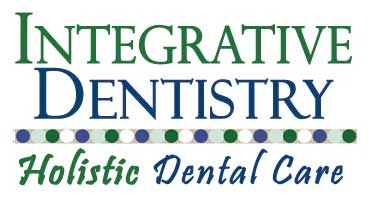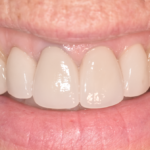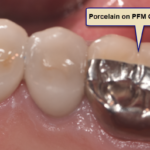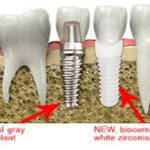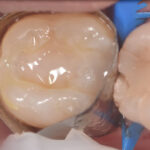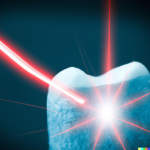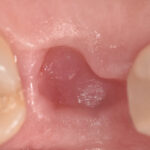1. What is an implant? An implant replaces a missing tooth. It is a titanium post that supports a new crown (cap) and is the best alternative to missing teeth because it’s like having your tooth back.
2. What is the success rate of implants? The overall success rate of implants in natural bone is approximately 95%; in grafted bone 85- 90%. A smoker is 2-1/2 times more likely to have an implant fail.
3. Why would I choose to have an implant? Teeth may become so weakened by root canals, multiple dental visits or bite stresses that they are no longer good candidates for ongoing dental restorations. Trying to restore questionable teeth is not a good strategy because you are likely to have another failure. Then you’ll have to invest in saving the tooth all over again, since at some point it will need to be re-treated.
4. Is there an advantage to implants over other solutions? With implants you can chew and floss again like you would with your natural teeth. You don’t have to deal with partial dentures that are uncomfortable to wear and move when you chew. Plus you don’t have to deal with bridges that require adjacent, often healthy, teeth to be ground down so that crowns can support the missing tooth.
5. How long will an implant last? Modern materials and techniques have made them more predictable. If you take care of your teeth and clean them properly, implants should last for decades. The first recorded implant case was in 1965 and the patient still has functional implants.
6. If I have a root canal treatment in a tooth and it needs to be re-treated, am I better off having it pulled and getting an implant? The answer to this is most often “yes.” The reason is that when a tooth fails and has to be retreated, each time you treat the tooth it fails faster than the last time. There is no substitute for a real tooth, however, once a root canal has become re-infected, it may be more cost effective to pull the tooth rather than deal with the possibility of re-treating the same tooth repeatedly.
7. If I’m told I need an implant, will I also need bone grafting? Upon reviewing your radiographic information, your dentist may be able to determine whether there is sufficient bone to do without bone grafting. If necessary, it will be recommended as part of the overall treatment. However there are different types of bone grafting materials and it is important to find out all your options. Ask for more information and/or get a second opinion if you still have questions.
8. How long does the entire implant process take? This depends on some different factors. However, it usually takes four months.
9. Are there any other issues with implants? Implants can be expensive, depending on who is doing them. In addition there is a wait time between the period when the implant is placed and the time when the crown can be finished. Also, some folks don’t find the idea of any foreign substance in their bodies–whether metal or porcelain–to be appealing
10. What are the most common reasons for a tooth and implant to fail? The same factors that cause you to lose a tooth may cause you to lose an implant. Some of the more common causes of tooth and implant failure are bite forces such as clenching and grinding, an imbalanced bite, health conditions like diabetes, lifestyle habits like smoking, some medications, and bacteria populations that are present in the mouth. This last cause of tooth failure is rarely understood as it does not cause any symptoms like pain or swelling.
11. So, the same bacteria causing red, bleeding gums and bad breath could also cause me to lose an implant? Yes. Bacteria that causes gum disease can eventually lead to tooth loss and implant loss as well. This happens by way of erosion of the bone supporting your teeth and implants.
12. How can I be sure I don’t have this type of bacteria before proceeding with an implant? The only way to be sure about the kinds and amounts of bacteria you have in your mouth is to get tested. The best lab test, Oral DNA Lab, costs around $150. A saliva sample is taken by your dentist and sent in for results. Another way to tell is with a microscope. This is the best solution for many patients because it can be done in our office, saving time and money. In comparison with the above test, our patients are charged $35 for the microscope evaluation, so it can be affordable.
13. What happens after I get tested? Most often test results show the presence of damaging bacteria. The good news is that there are simple and inexpensive ways of treating and decreasing these bacterial populations. Expensive deep cleanings are sometimes unnecessary, because proper home care can be sufficient to solve the problem. You’ll receive a customized home care program and appropriate, conservative in-office treatment will be recommended.
14. Should harmful bacteria be treated before I have implants? Absolutely. This will improve the health of all your teeth, not only your implants. It is important to minimize inflammation in your mouth before proceeding with any major dental treatment, and you’ll feel better as well.
